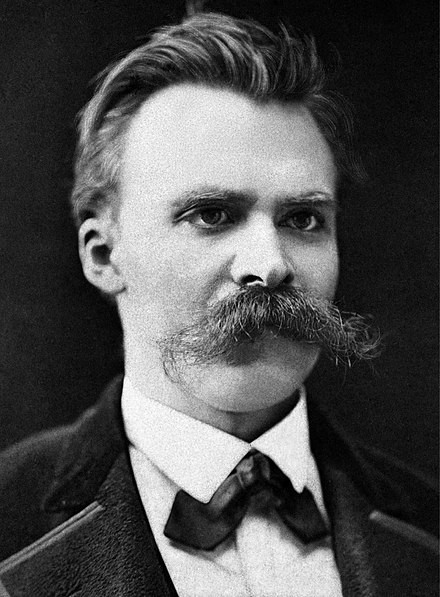This article offers a condensed overview of key periods in the development of philosophy, aiming to provide clarity and insight into complex ideas. From ancient concepts of cosmos and logos to modern and postmodern critiques, we’ll explore how philosophical thought has shaped our understanding of the world and our place within it. The insights draw heavily from the work of Luc Ferry, who presents these complex ideas in a way that is easy to read.
Ancient Philosophy: Cosmos, Logos, and Stoicism
In ancient philosophy, the primary concept was the cosmos, representing harmony, beauty, and symmetry. Closely linked was logos, the perfect structure of the universe. These concepts reflected a belief in an ordered and intelligible world.
Stoicism emerged as a practical philosophy focused on achieving inner peace and wisdom. Key tenets of Stoicism include:
- Releasing ourselves from the burdens of the past and the anxieties of the future.
- Detachment from worldly possessions and acceptance of the transient nature of life.
- Embracing our fate and living in accordance with nature.
The Stoic path to salvation was an anonymous one, promising an eternity as part of the cosmos.
The Rise of Christianity and the Transformation of Philosophy
Christianity brought a significant shift in philosophical thought. The logos was no longer simply the structure of the universe but became the embodiment of the divine, specifically in the person of Christ. This led to a transition from anonymous salvation to a promise of personal salvation.
Philosophy became increasingly scholastic, focusing on providing logical arguments for the existence of God and the divinity of Christ.
Christianity also introduced the concept of universal morality, challenging the Greek notion of “barbarians” (foreigners) and asserting the moral equality of all people.
Humanism and the Dawn of Modern Philosophy
The scientific revolution, spearheaded by figures like Copernicus, Galileo, Newton, and Descartes, marked a turning point in human history. This period saw the rise of anthropocentrism, which placed humanity at the center of the universe, replacing the divine and the cosmos.
Kant’s moral philosophy emphasized the importance of the “good will” – the ability to act independently of natural impulses and egoistic desires. This led to the understanding that true goodness is universal and transcends personal interests.
Descartes, in the 17th century, laid the foundation for modern philosophy with his emphasis on reason and individual thought, often referred to as the “blank slate” of history.
Postmodern Times: Nietzsche’s Challenge
Postmodern thought is characterized by the deconstruction of moral and political utopias. Nietzsche’s philosophy, in particular, challenges traditional values and explores the will to power.
Nietzsche’s concept of the “great style” of living involves uniting reactive forces (such as the “will to truth” and reason) with active forces (such as embracing the physical through art and emotions).
The idea of “eternal recurrence” proposes an earthly salvation without idols or God, questioning whether one would desire to repeat an action an infinite number of times as a new criterion for a fulfilling life. Amor fati – love of fate, love of the present moment – is another central concept.
Beyond Deconstruction: Contemporary Philosophy
Heidegger critiqued the rise of the “world of technology,” prompting a search for new ways to reconsider the transcendent beyond deconstruction.
Husserl’s concept of “transcendence in immanence” offers a potential path forward. Post-Nietzschean humanism emphasizes self-criticism and self-reflection, as well as the sacralization of the other, the deification of the human, and a non-metaphysical humanism.
The concept of “expanded thought” involves broadening one’s personal horizons and embracing the wisdom of love.
 Friedrich Nietzsche, a central figure in postmodern philosophy.
Friedrich Nietzsche, a central figure in postmodern philosophy.
Conclusion: A Path to Meaningful Living
This brief journey through the history of philosophical thought highlights the ongoing human quest for meaning and understanding. From ancient concepts of cosmic order to postmodern critiques of traditional values, philosophy offers a wealth of insights into how we can live more fulfilling and meaningful lives. By embracing self-reflection, expanding our horizons, and cultivating love and compassion, we can navigate the complexities of the modern world and create a more just and equitable society.